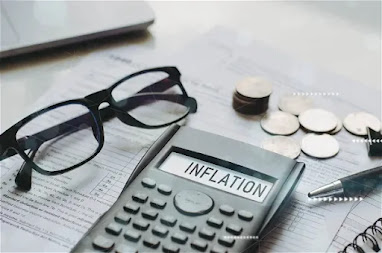The home market may also be impacted by rising interes
t rates. Mortgage rates climb along with interest rates, making it more expensive for prospective homeowners to buy a property. According to Investopedia, “when the economy is strong, interest rates tend to rise along with growth. Higher interest rates, however, translate into higher mortgage loan costs.” As a result, there may be less demand for homes, which might slow down the housing market and possibly result in a drop in home values. This may have an impact on homeowners' wealth and financial security and make it more difficult for first-time purchasers to enter the market.
Consequently, rising interest rates can reduce consumer spending and company profitability, and may also have an impact on the stock market. Consumer spending is likely to drop and economic growth may lag when interest rates rise because people will decide to preserve their money rather than spend it. Investopedia also points out that, “Higher interest rates tend to negatively affect earnings and stock prices.” This can therefore have an effect on the stock market, resulting in a drop in stock prices. Americans who have stock investments may see a large reduction in the value of their holdings as a result of this.
Likewise, the job market may be disrupted by an increase in interest rates. Interest rates rise because borrowing money becomes more expensive for businesses, which lowers corporate investment and might push businesses to make fewer hiring decisions. Investopedia also indicates that, “by raising the bar for investment, higher interest rates may discourage the hiring associated with business expansion.” This may result in fewer job openings and maybe greater unemployment rates. Americans may be significantly impacted by this, particularly those who are seeking employment opportunities.
These rising interest rates will negatively impact a consumer’s borrowing and spending money in a variety of sectors. Whether it is mortgages, consumer spending and low employment participation, they are all influenced to some degree by the changes in the interest rate. To put this in a much broader perspective, according to an article published by Bankrate, “About 25 million Americans have at least one personal loan.” Deciphering this statistic demonstrates the large-scale popularity for borrowing money at a time when inflation is scaling above its previous ceiling. As a result, personal loans are popular because their interest rates are lower than the national percentage.
To understand more about loans and how you can protect yourself during a time of rising interest rates, You can read our previous blog about how you can stay ahead of the terms and conditions you might be faced with when signing to borrow more money.
Here to help,
Financially Fit Employees



No comments:
Post a Comment